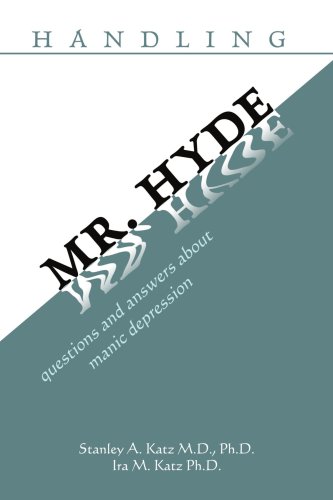In my youth, one of the biggest political events was the Watergate scandal that included the release of tapes of Oval Office conversations. A surprising and appalling aspect of President Nixon’s conversation was his use of foul language, so much so that it was edited from the public transcripts with the words “expletive deleted.”
The brilliant comedian George Carlin had a classic skit during this period about the seven words you cannot say on television. Carlin was more than funny, but also extraordinarily astute, so it was years later and a bit of a shock to me the first time I heard an expletive on live television when the Hall of Fame outfielder Andre Dawson said the word “sh*t” in a post-game interview. It must have been the late 80s or early 90s.
Years ago I spent a lovely sojourn on the northwest coast of Ireland in the town called Sligo. On the train back to Dublin, I was sitting with two university students returning to their campus. They were engineering students and I was an engineering professor so we had a common subject to discuss. They were both bright and articulate and I remember enjoying the conversation very much. But they paused in virtually every sentence, as a valley girl would use “like,” to interject the word “f*ck.” The word did not have any meaning to them. But still, it was quite astonishing to me.
Several years ago I read the book I Know This Much is True, by Wally Lamb on the suggestion of friends. I wrote to them about my opinion of the book that included this passage (sorry for quoting myself).
 handling MR. HYDE: que...
Best Price: $17.20
Buy New $12.98
(as of 04:58 UTC - Details)
handling MR. HYDE: que...
Best Price: $17.20
Buy New $12.98
(as of 04:58 UTC - Details)
Aesthetically I think this was an ugly book, full of ugly language. F*ck was on almost every page. I have recently had scatological words in my thoughts that I hope will soon pass…. Was it necessary to be dragged through the muck for 700 to 800 pages?
Now I find expletives included everywhere, all the time, in almost all settings. I have heard “sh*t” from even very devout and conservative Christians on Youtube podcasts. My 12-year-old daughter will say “merde,” the French word for sh*t, on occasion which does not sound too bad to my ears. But she will also sing along with popular music that can include “b*tch” or “f*ck”. I just had a “merde” text message from my wife when our car did not pass inspection. An anonymous correspondent writing in regard to my recent essay on Roman Polanski wrote: “You should just shut your f*cking pedophile-enabling mouth,” where I have added the asterisk.
I don’t think I am a prude about this. Up to my middle age, I played sports constantly. On all playing fields and locker rooms expletives were normal, but not in general conversation, let alone more formal settings. In fact, I am surprised at how sensitive my ear is to these words.
I suppose there are many complex reasons why such words became taboo due to social, physiological, psychological and religious reasons. The old taboos have been wiped away. But we are not left totally free to express ourselves however we would like to because there are new political taboos. They are so strict we watch our words on all occasions, except perhaps with our closest friends. I wondered how Mr. Carlin would create comedy based on today’s political correctness and found this, but he doesn’t make any connection between the new taboos and the subversion of the old taboos.
Do the use of swear words (gros mots, big words in French) really matter? Perhaps this essay is just an old guy ranting. The late Roger Scruton touches on what is lost when beauty in art, but also language, is abandoned in his documentary Why Beauty Matters (see the introductory 2 minutes). In the hierarchy of problems in the world the use of foul language is not near the top, but I can’t help feel a slight psychological pain whenever I hear these words in a setting I find inappropriate. Perhaps this language has been, and continues to be, a portent of the downward spiral of our culture.





